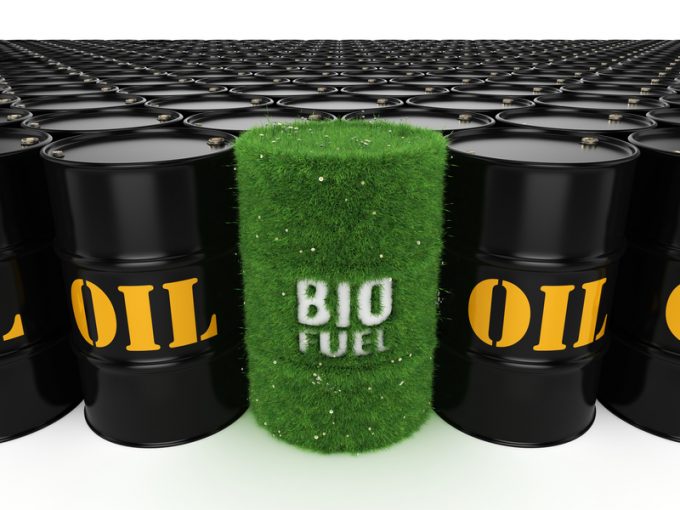ONE and Yusen launch UCO insetting service as industry rift on biofuels widens
As debate over biofuels rages at IMO, ocean carrier group ONE and freight forwarder Yusen ...

Brussels-based green lobby group Transport & Environment has hit out at the use of biofuels in transport, saying it is environmentally worse than fossil fuels.
It also claims biofuel needlessly increases costs for end users.
The group’s surprise condemnation follows a T&E report this week, which appears to suggest a transition to biodiesel, among other next-generation fuels like e-methanol and e-ammonia, would be both affordable and sustainable, noting that the cost spread is spiralling.
“For EU-produced bioethanol, there was a premium of ...
Asia-USEC shippers to lose 42% capacity in a surge of blanked sailings
USTR fees will lead to 'complete destabilisation' of container shipping alliances
New USTR port fees threaten shipping and global supply chains, says Cosco
Outlook for container shipping 'more uncertain now than at the onset of Covid'
Transpac container service closures mount
DHL Express suspends non-de minimis B2C parcels to US consumers
Zim ordered to pay Samsung $3.7m for 'wrongful' D&D charges
Uncertainty over US tariffs sparks interest in bonded warehouses for imports

Comment on this article
Kanchan Sawant
November 03, 2022 at 9:50 amTowards the end of this 2022, biofuel prices are competing with diesel prices and is expected to become cheaper in coming times. The Biofuel is a debating topic which it should be, as this time we need to be well versed of our actions with its future consequences. Aris Bioenergy and some other companies have come up with unique production model & fewer emission challenges to support biofuel as a normal fuel. Their model can be a possible solution to a lot of environmental issues.